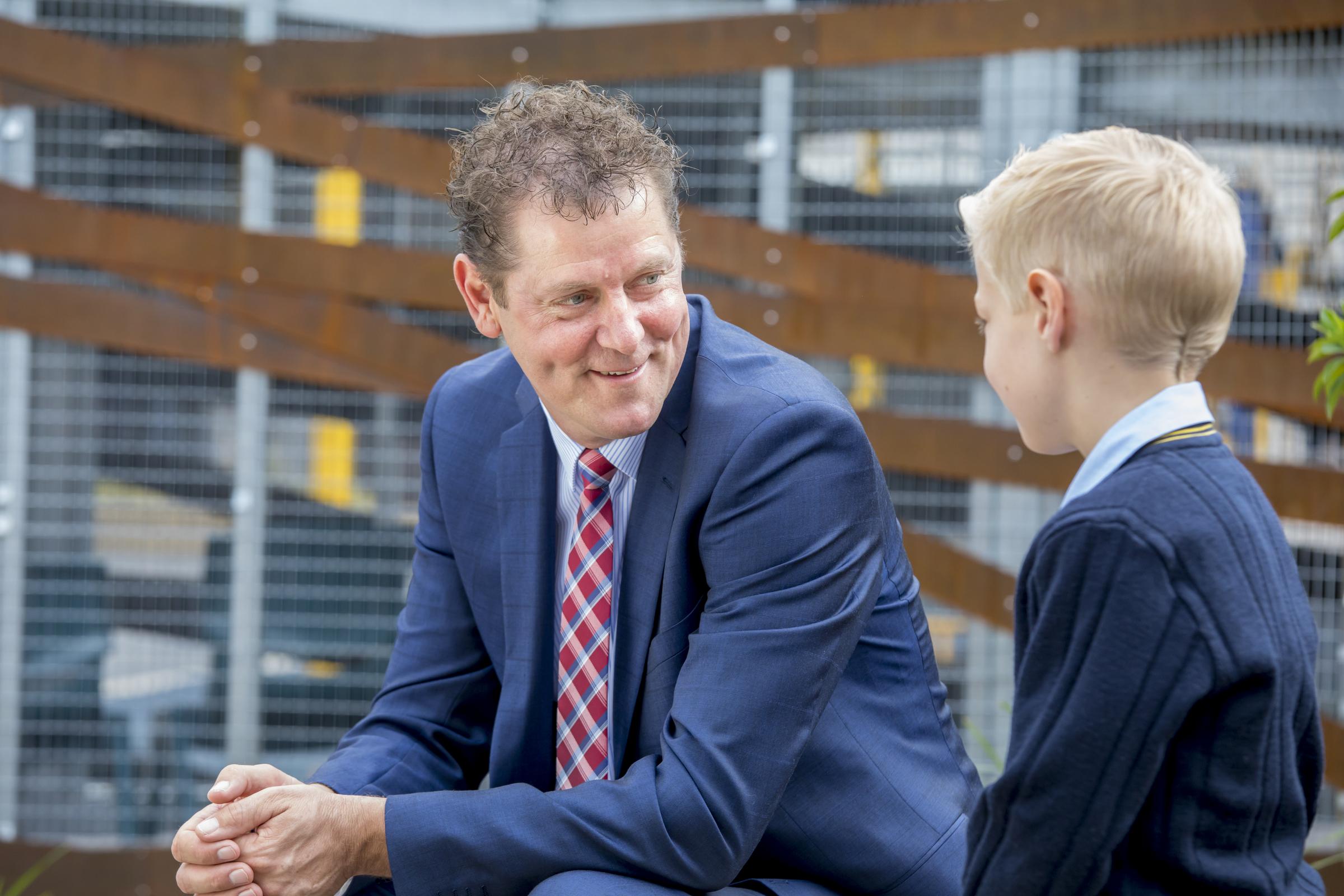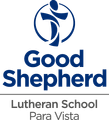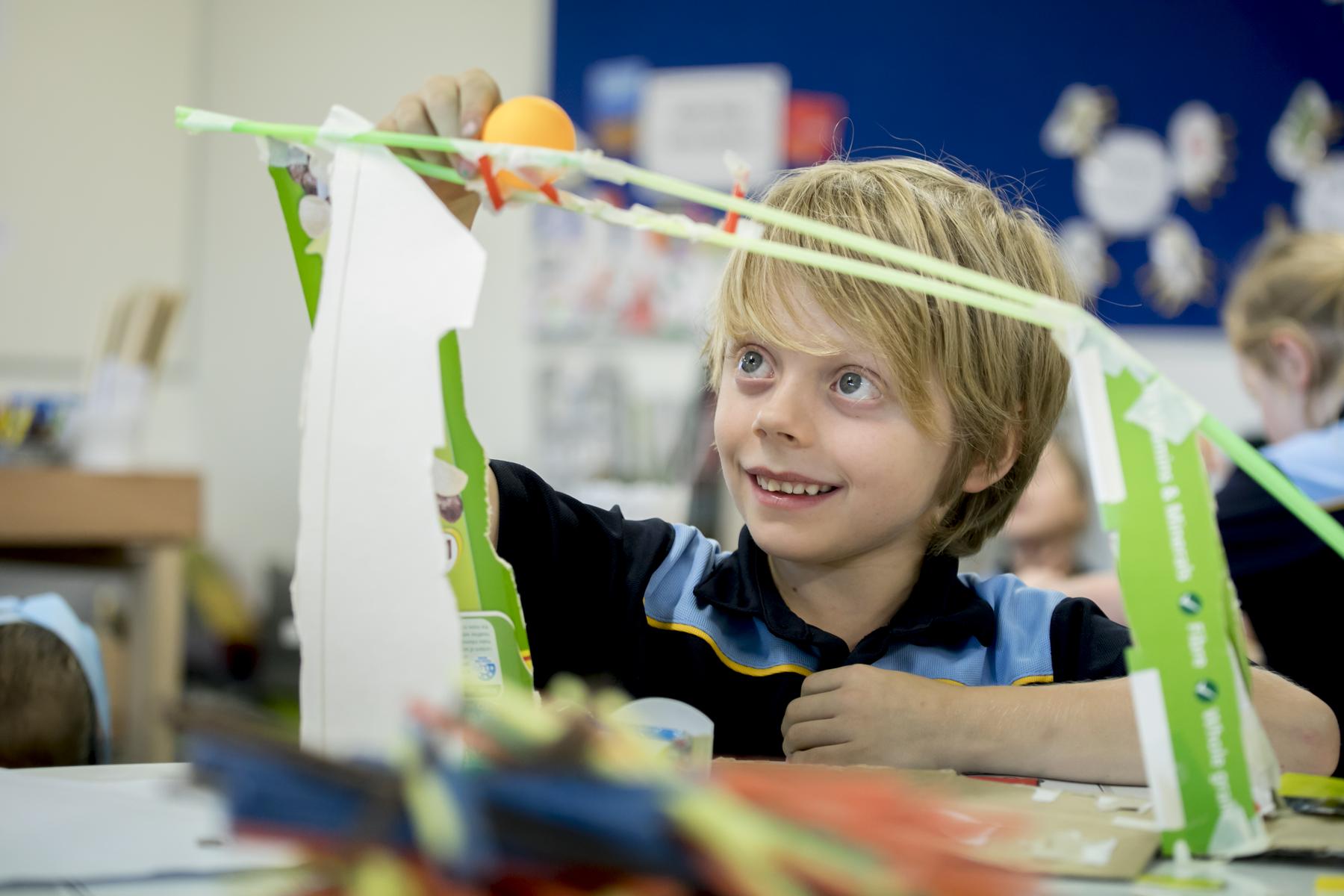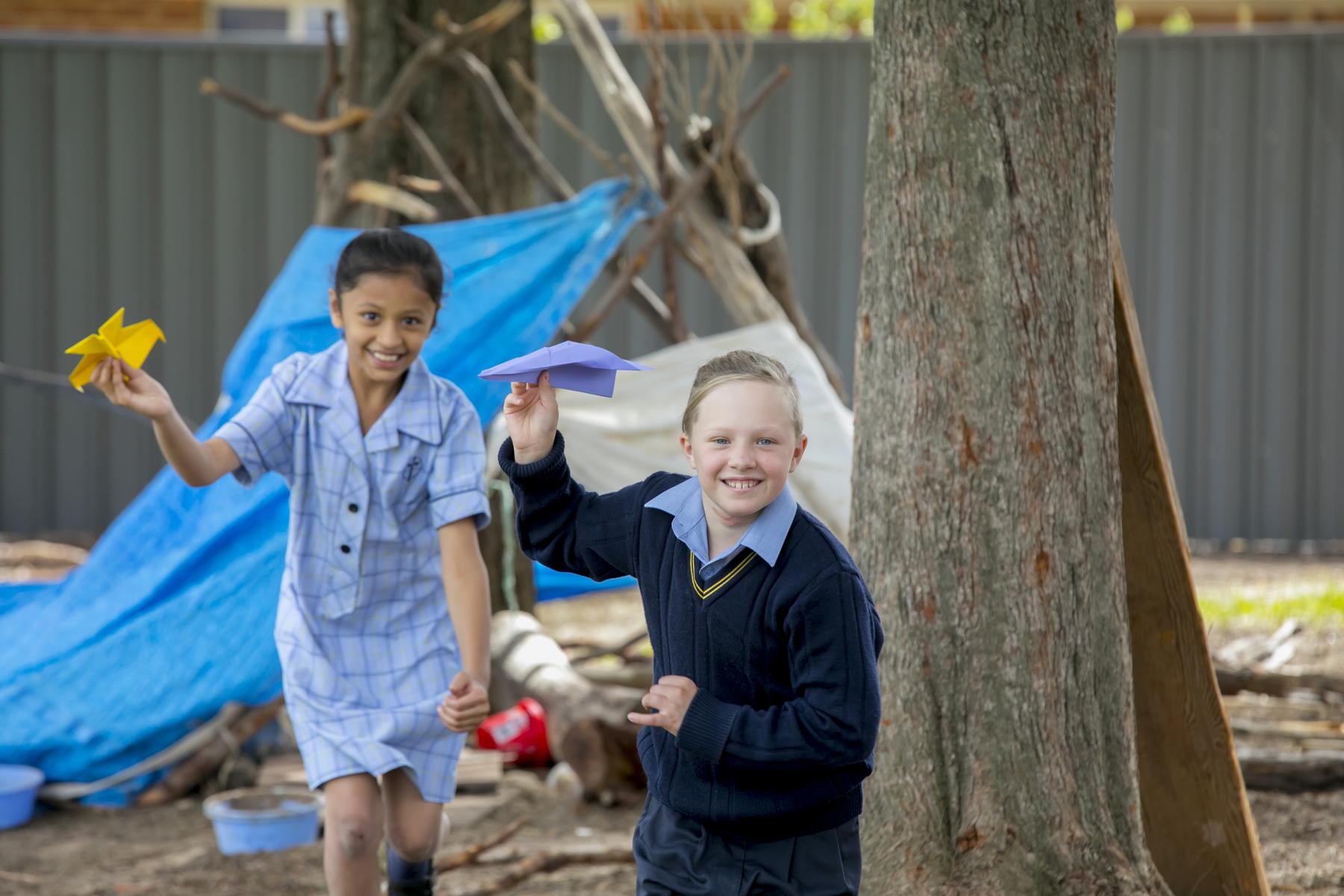teaching and learning

Teaching and Learning
Good Shepherd is cementing it's innovative pedagogy based on our Learning Principles, Vision and Values. With clear and strong alignment to our vision and values there is a clear focus for future focused growth.
The introduction of the student directed inquiry learning and eventual development of the Aquaponics site has led to creative ways to learn through hands-on, meaningful and rich opportunities. The potential to connect with our community and learning across all curriculum areas is exciting. Sustainability and Science, Technology, Engineering and Mathematics (STEM) are key areas of learning which underpin the project going forward. This project has caught the attention of the wider independent schools education system as we champion 'student agency' (learner voice and choice).
We continue to embed a 'culture of thinking' across our school community. The foundation of essential skills such as: critical and creative thinking, personal and social capabilities, empathy, ethical and moral capabilities, communication, collaboration, grit and resilience, leadership and entrepreneurial-ism are essential skills we need to teach. When students have these fundamental skills, and are confident, creative, critical thinking, hard working collaborators, the 'other stuff' comes much easier. Innovation in practice and the use of agile spaces is also central to our pedagogical approach at Good Shepherd.
At Good Shepherd we seek to add value to the educational experiences of our students and the experience of the wider school community. Value is added by extending upon statutory curriculum requirements imposed on schools, by our ethos, culture and environment, and through the experiences provided by the school. Through our stage structure, innovative learning opportunities are delivered.
In 2019 this included:
Curriculum Related Activities:
- Learning Support Programs for students. This included accessing individual support for students with special needs along with access to a number of other programs. Some of these include Reading Recovery, Multi-lit, Sound Ways, and Rainbow Reading. With two new Learning Support Coordinators beginning, a review of past programs was undertaken and a new direction set in place.
- Programs for Gifted students. Students identified with special needs in this area are generally supported with extension and challenging activities in their classes. Differentiated learning has been a focus with significant support in professional learning and resources offered for teaching staff. Other activities offered to these learners, included Connected Schools Enrichment Days – Aboriginal and Torres Strait Islander focus, Mathematics, Languages, Geography.
- Clubs - Chess, STEM Club, Explorers - a program that explores big concepts and looks at them through a biblical perspective.
- Wellbeing Support LSO staff member.
- Literacy Pro - Lexiles (reading for comprehension program).
- Scholastic Book Club.
- Premier’s Reading Challenge.
- Mathematics Week which included a specialised Mathematics activities and a student developed expo. Learning focus across all year levels and various Buddy time and in stage team activities.
- Various visiting speakers.
- School Entry Assessments (Reception and Year One) assessing basic literacy and numeracy understanding.
- Implementation of the Year 1 Phonics check testing program introduced in SA government schools. This data picks up students at risk in phonemic understanding.
- Introduction of the ACER PAt Maths and PT Spelling test. This test is used in term 4 every year to informeto teaching and learning for the beginning of the following year.
The approach focuses on assessing and monitoring student growth over time and is underpinned by an understanding that students of the same age and in the same year of school can be at very different points in their learning and development.
ACER’s approach is informed by a growth mindset – tailoring teaching to the needs of the individual learner to advance the progress of every student, regardless of their starting point.
- Writing/Mathematics/Inquiry moderation within year levels as developed through the AISSA Cross-Schools Moderation Project (2017).
- Swimming Program at State Swim (Foundation to year 2 students).
- Swimming Program for year 3 and 4 students.
- Tri Skills program.
- Ace Tennis program.
- AFL football clinics.
- Stage 4 girls AFL clinic
- Year 10 students from Endeavour College coach our students in various skills associated with sports.
- Endeavour College year 11 students working with our year 3/4 students in a visual arts program.
- Junior School Musical Showcase.
- Providing a regulated and planned weekly timetable for daily playtimes of ‘Creative Play’ based activities in the yard.
Excursions/Camps/Incursions:
During 2019 our students attended a number of excursions and school camps.
- Stage 4 Camp Experience – passion project: We continued the Stage 4 Camp, presenting students with a ‘Personalised Experience’ that tapped into the children’s areas of interest as shared through conversation and survey data. Students nominated their 3 day experience from the following: Fishing trip; Adrenaline Adventures; My Kitchen Rules cooking; So you think you can play sport; Zoos and Walk; Farm life; Artist’s Retreat; Candle and Soap making, Circus and Good Sports.
- Stage 3 camp Toc H Victor Harbor with an Aquatics focus.
- Stage 2 Camp-in, Mengkiwodli;
- Stage 1 pyjama parties.
Excursions included visits to:
- German Film Festival at Arndale.
- Endeavour College Drama production.
- Gorge Wildlife Park.
- Tea Tree Gully Library.
- Civic park Playground.
- National Motor Museum, Birdwood.
- City Tour – significant places.
- Morialta Playground.
- Cleland Wildlife Park.
- Local Parks Walks.


